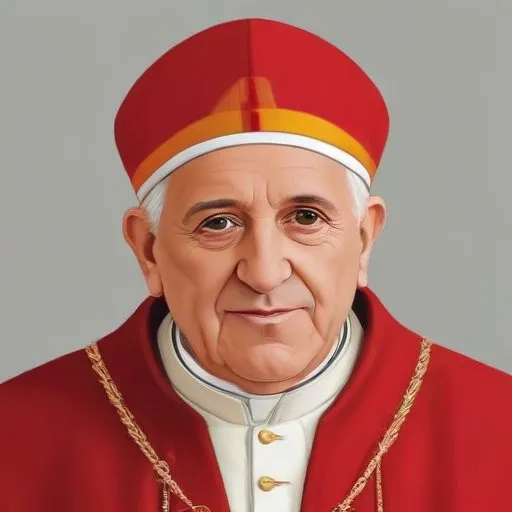Pope Pius II: The Renaissance Humanist and Statesman
A Renaissance of Leadership
Pope Pius II, born Enea Silvio Bartolomeo Piccolomini, is renowned for his profound impact on the Catholic Church and the Papal States during the 15th century. As a Renaissance humanist, diplomat, and orator, he brought about a new era of cultural and intellectual transformation, leaving an indelible mark on the ecclesiastical and political landscape of his time.
Early Life and Education
Born on October 18, 1405, in Corsignano, Sienese territory, Pius II hailed from a noble but impoverished family. His father, Silvio, was a soldier, and his mother, Vittoria Forteguerri, had 18 children, including several twins. Pius II's early life was marked by hardship, with the plague claiming the lives of many family members. Despite these challenges, he pursued higher education, studying at the University of Siena, where he developed a passion for the humanities and civil law.
Rise to Prominence
Pius II's academic prowess and eloquence earned him recognition, and he became the private secretary of Antipope Felix V and later Emperor
Frederick III. He played a significant role in reconciling Frederick to the Roman obedience, a move that catapulted him to prominence. Subsequently, he became the Bishop of Trieste in 1447, Bishop of Siena in 1450, and a cardinal in 1456.
Philosophical Contributions and Beliefs
As a Renaissance humanist, Pius II was deeply committed to the pursuit of knowledge and the revival of classical culture. He believed in the importance of education, stating that "the whole world would be a peaceful and tranquil place if all men were educated." His philosophical contributions were shaped by his extensive studies of ancient Greek and Roman texts, which he saw as a means to reform the Church and society.
Autobiography and Literary Contributions
Pius II's most enduring work is his autobiography,
Commentaries, which provides a unique glimpse into the life of a Renaissance pope. Written in a lucid and engaging style, it offers insight into his personal thoughts, experiences, and philosophical reflections. The
Commentaries is the only autobiography of a pope ever published, and its posthumous release in 1584, 120 years after his death, cemented Pius II's legacy as a writer and thinker.
Influence on Modern Society
Pius II's papacy was marked by significant reforms, including the reorganization of the Roman Curia, the promotion of Greek and Roman studies, and the encouragement of artistic innovation. His diplomatic efforts helped to stabilize the Papal States, and his patronage of artists and scholars contributed to the flourishing of Renaissance culture.
Legacy and Historical Context
Pius II's papacy spanned a tumultuous period in European history, marked by the Fall of Constantinople, the rise of the Ottoman Empire, and the struggle for power among European states. Despite these challenges, he navigated the complexities of international politics with skill and tact, earning the respect of his contemporaries.
Controversies and Public Perception
Pius II's papacy was not without controversy. His involvement in the Council of Basel and his role in reconciling Emperor Frederick III to the Roman obedience led to criticism from some quarters. However, his commitment to reform and his dedication to the pursuit of knowledge ultimately earned him a reputation as a wise and enlightened leader.
Quotes and Memorable Sayings
- "The whole world would be a peaceful and tranquil place if all men were educated."
- "The pursuit of knowledge is the greatest virtue of all."
Personal Milestones and Key Life Events
- 1405: Born in Corsignano, Sienese territory
- 1423: Began studies at the University of Siena
- 1431: Became secretary to Domenico Capranica
- 1443: Participated in the Council of Basel
- 1447: Became Bishop of Trieste
- 1450: Became Bishop of Siena
- 1456: Elevated to cardinal
- 1458: Elected Pope Pius II
- 1464: Died on August 14, at the age of 58
Trivia and Fun Facts
- Pius II was known for his exceptional eloquence and was often called upon to deliver important speeches and orations.
- He was a talented writer and correspondent, exchanging letters with prominent figures of his time.
- Despite his noble birth, Pius II lived a simple and austere life, renouncing the luxuries and excesses of his predecessors.
Impact on Their Field
Pius II's profound impact on the Catholic Church, Renaissance humanism, and the Papal States has endured for centuries. His commitment to education, his passion for classical culture, and his diplomatic skills have inspired generations of scholars, politicians, and leaders. As a Renaissance humanist and statesman, Pius II remains an iconic figure, whose legacy continues to shape the course of human history.

